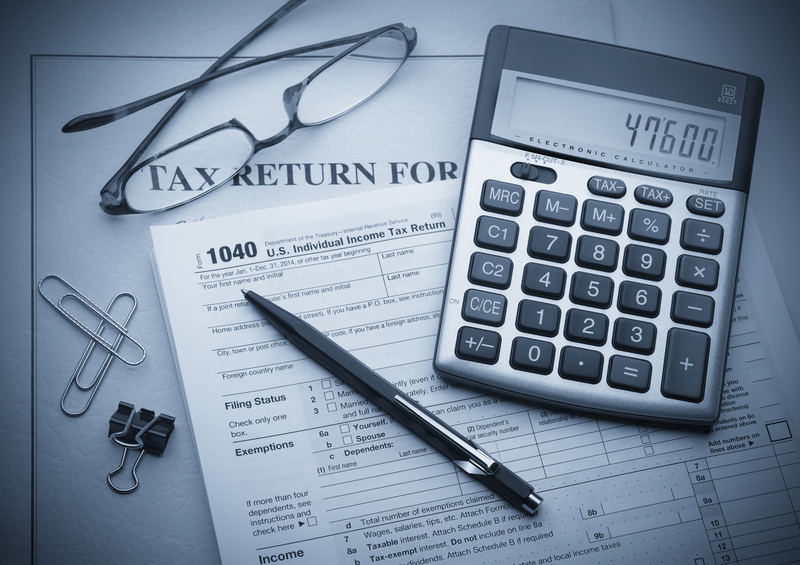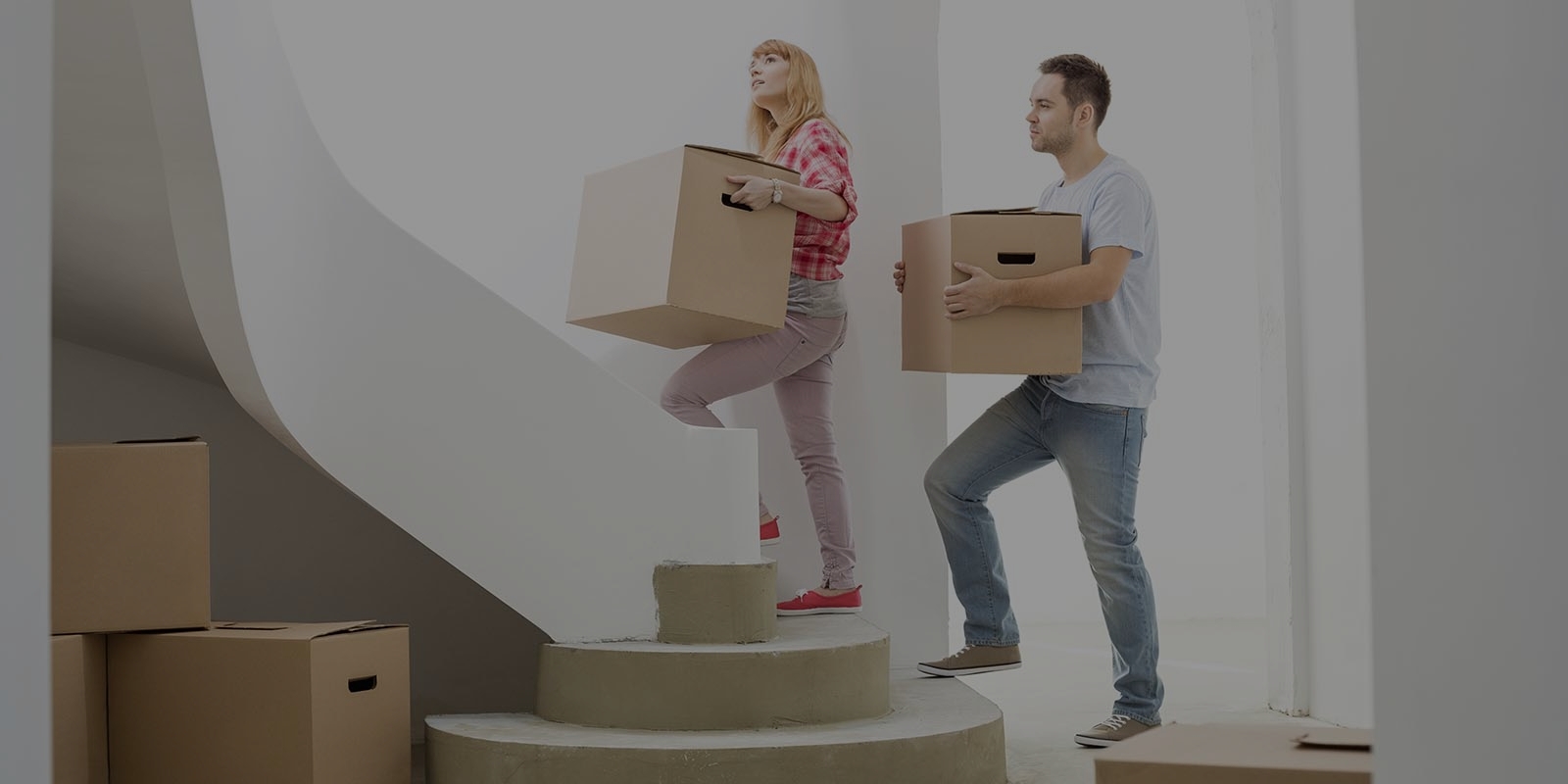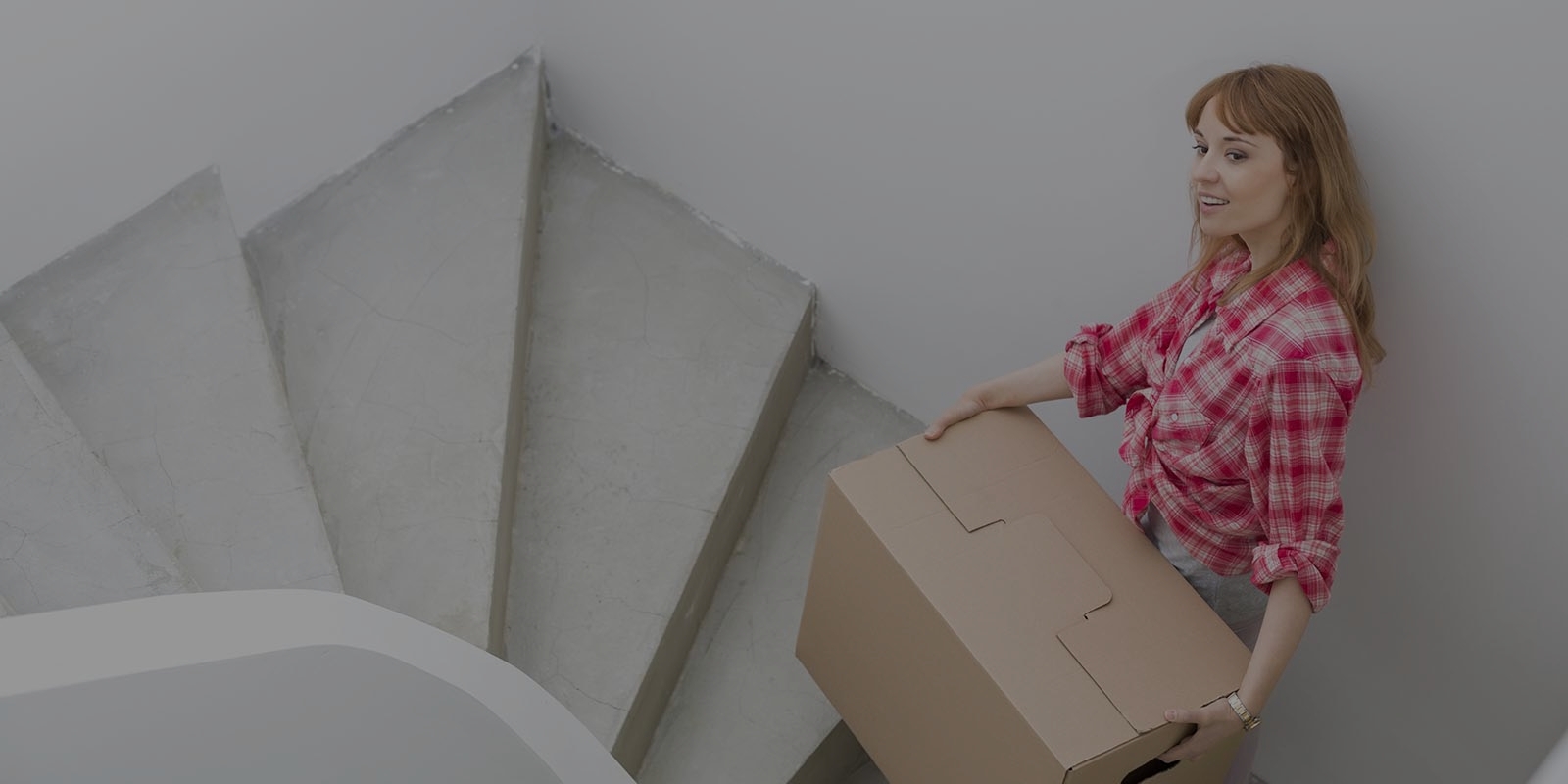Organized moving: The ultimate pre-move decluttering guide
Posted on 17/06/2025
Moving to a new home can be exciting, yet often overwhelming due to the amount of belongings accumulated over time. One of the most crucial steps to ensure a seamless and stress-free relocation is effective pre-move decluttering. If you're striving for an organized move, mastering the art of decluttering before packing is essential. This comprehensive article explores the best practices, tips, and room-by-room strategies for achieving an efficient and clutter-free move.
Why Decluttering Before Moving Is Essential
Before tackling the daunting task of packing, it's vital to recognize the benefits of decluttering:
- Lowers moving costs: Fewer items mean fewer boxes, reduced moving truck demand, and potential savings on moving services.
- Saves time and energy: Spend less time packing, labeling, and unpacking unnecessary items.
- Reduces stress: Moving fewer belongings allows for a smoother transition in your new home.
- Helps start fresh: Arriving with only what you love or need encourages a tidy, organized living space.

Pre-Move Decluttering: When and Where to Start?
Most moving experts recommend starting the organized moving decluttering process at least one month before your moving date. This provides ample time for careful evaluation of possessions and decision-making. Begin with less-used spaces and progress to daily living areas.
- Start Early: Don't underestimate how long sorting and downsizing will truly take.
- Sort Room by Room: Tackling smaller zones, such as closets or guest rooms, builds momentum and confidence for larger areas.
- Set Realistic Goals: Aim for a specific number of boxes or items eliminated each day or week.
Step-By-Step Pre-Move Decluttering Process
1. Gather Supplies
Before you begin, stock up on essential decluttering and packing supplies:
- Sturdy bins, baskets, or boxes for sorting (keep, donate, sell, toss)
- Trash bags
- Labels or sticky notes
- Markers
- Cleaning supplies
2. Use the Four-Box Method
This classic method helps you stay organized during the decluttering process:
- Keep: Items you use regularly and plan to take with you.
- Donate: Belongings in good condition but no longer needed.
- Sell: Valuable items suitable for listing online or holding a garage sale.
- Toss: Broken, expired, or unusable items.
3. Make Quick Decisions
When handling each item, give yourself a maximum of 30 seconds to decide its fate. Trust your instincts and avoid second-guessing.
4. Organize and Dispose Immediately
Regularly remove donation and trash piles to prevent second thoughts and regain space. For sale items, set aside a "selling station" to photograph, list, and track offers.
Room-By-Room Pre-Move Decluttering Checklist
To make your move as organized as possible, follow this room-by-room checklist for targeted downsizing:
Kitchen
- Check for expired pantry items, spices, and condiments.
- Downsize cookware, rarely used small appliances, and excess dishware.
- Donate duplicate utensils, mugs, and water bottles.
- Dispose of chipped, cracked, or mismatched kitchenware.
Living Room
- Sort through books, magazines, DVDs, and games.
- Evaluate decor and knick-knacks; keep only those you love.
- Consider selling or donating extra furniture, rugs, and lamps.
- Check electronics and cords - recycle outdated or broken items.
Bedrooms
- Sort clothes among keep, donate, sell, and discard piles.
- Donate mismatched or extra bedding, pillows, and linens.
- Pare down accessories, shoes, and handbags.
- Review desks or nightstands for paperwork and unused items.
Bathrooms
- Toss expired cosmetics, medications, and toiletries.
- Limit each family member's towels and washcloths for packing.
- Donate or discard old hair appliances and grooming tools.
- Clean and empty storage bins and medicine cabinets.
Garage/Basement/Storage Spaces
- Check tools for duplicates or damage; donate if unnecessary.
- Downsize sporting goods and holiday decor to fit your new space.
- Recycle or dispose of hazardous materials properly (paint, chemicals).
- Review storage bins and forget-me-not boxes for hidden clutter.
Home Office
- Shred unneeded paperwork; digitize essential documents.
- Sell or donate unused office supplies, electronics, and furniture.
- Toss out-of-date manuals, receipts, or expired warranties.
Decluttering Tips for an Organized Move
Take your pre-move organization to the next level with these expert strategies:
- Adopt the KonMari Method: Ask yourself if the item "sparks joy"; if not, thank it and let it go.
- Set Decluttering Deadlines: Commit to realistic dates for each room to avoid last-minute rush.
- Transfer Utilities and Address Changes Early: This helps clear related paperwork and files sooner.
- Use Up Consumables: Plan meals around pantry and freezer inventory to avoid moving unnecessary foodstuffs.
- Invite Accountability Partners: Declutter with a friend or family member for encouragement and honest input.
Common Decluttering Mistakes to Avoid
- Starting Too Late: Rushed decisions often lead to keeping unwanted items or last-minute stress.
- Over sentimentalizing: Saving every keepsake or old gift can quickly fill your moving truck with clutter.
- Skipping the Sell/Donate Step: Unwanted items can be a burden for others or add unnecessary landfill waste.
- Repacking Everything: Avoid simply boxing old clutter without reviewing its necessity or usefulness.
What to Do with Unwanted Items After Decluttering
An organized move isn't just about what you keep; it's also how you rehome or dispose of unwanted belongings. Here are some sustainable options:
- Donate: Choose reputable charities (Goodwill, Salvation Army) or local shelters for gently used goods.
- Sell Online: List valuable items on platforms like Facebook Marketplace, Craigslist, or OfferUp.
- Host a Garage Sale: A profitable way to clear multiple items in one event.
- Recycle: Electronics, batteries, and old paint often require specialized drop-offs.
- Dispose Responsibly: For hazardous, broken, or soiled items, contact your local recycling center for guidance.
Decluttering When Downsizing: Special Considerations
If your move involves a significant reduction in living space, your decluttering process must be even more intentional. Prioritize multi-functional furniture and items with high sentimental or practical value.
- Measure new spaces: Know what will fit, and let go of oversized or duplicate furnishings.
- Digitize media: Convert DVDs, CDs, or photo albums into digital files to save space.
- Minimize 'Just in Case' Items: Only keep what you will definitely use within the next year.
Decluttering for Families and Kids
Involving the whole household in decluttering encourages teamwork, responsibility, and a shared sense of excitement for the move.
- Let kids choose: Allow children to select favorite toys or clothes to take, making the process empowering rather than sad.
- Explain the benefits: Use positive language - a "fresh start," "new adventures," and "a tidy new room."
- Donate together: Show kids where donations go, fostering empathy and generosity.
Ultimate Decluttering Checklist for an Organized Move
- Set move date and decluttering calendar
- Collect sorting and packing supplies
- Start with non-essential rooms
- Use the four-box method for all rooms
- Remove, sell, donate, and recycle regularly
- Pack room-by-room, labeling clearly
- Final sweep for forgotten areas (attic, shed, storage units)

FAQs About Organized Moving and Decluttering
How far in advance should I start decluttering for a move?
Begin at least 4-6 weeks before your moving day. The earlier you start, the less stressful it will be, especially for larger homes.
What items should I not move?
Avoid moving anything broken, expired, or never used within the last year. Hazardous items, old documents, and excessive duplicates should be responsibly disposed of or recycled.
Should I hire a professional organizer before moving?
If your budget allows, hiring a professional can help streamline your organized moving process and provide guidance for tough decisions. However, most households can achieve great results with diligent self-sorting and a good action plan.
Conclusion: Your Roadmap to a Clutter-Free, Organized Move
An organized move begins well before any boxes are packed. By embracing a systematic approach to pre-move decluttering, not only do you lighten your load, but you also set yourself up for a happier start in your new home. Remember to tackle one room at a time, use clear sorting methods, and be honest about what's truly necessary. Decluttering is an act of self-care--empowering you to let go of the old and welcome new beginnings.
Are you ready to make your next move the most organized and efficient one yet? Follow this ultimate pre-move decluttering guide and arrive at your new doorstep with confidence, calm, and clarity!
Latest Posts
Efficient Ways to Transport Your Bed and Mattress
Organized moving: The ultimate pre-move decluttering guide
Pack Smarter, Not Harder: How to Handle Moving House
Creating a Fresh Canvas: How to Clean Your Home Before Moving



_result.jpg)



